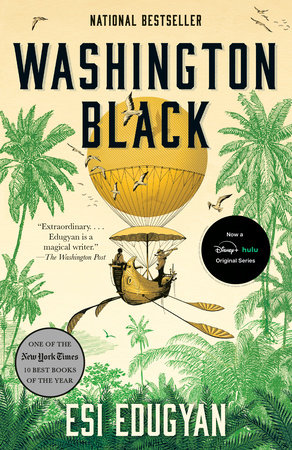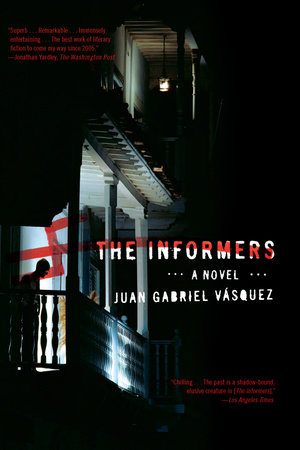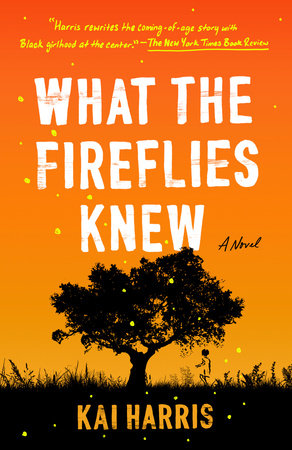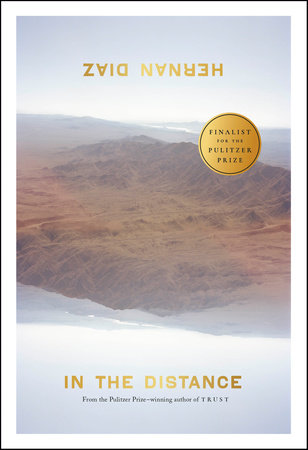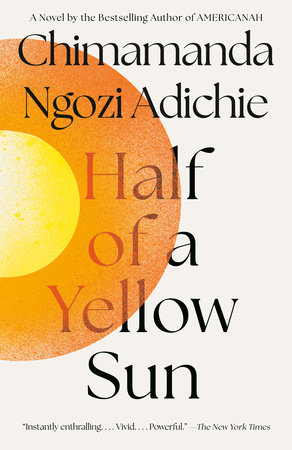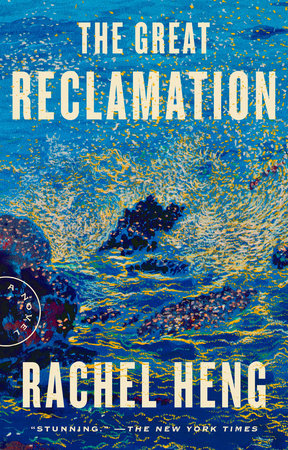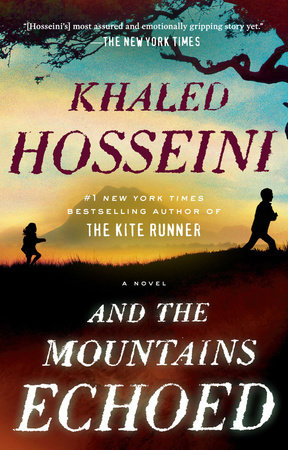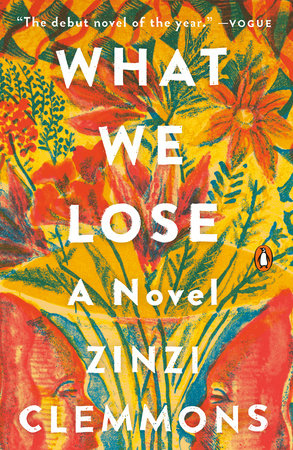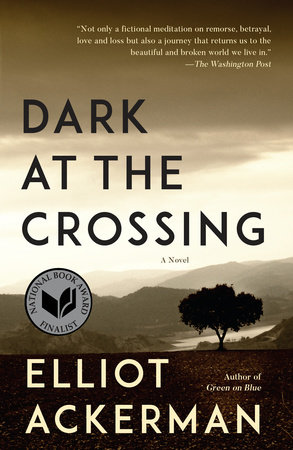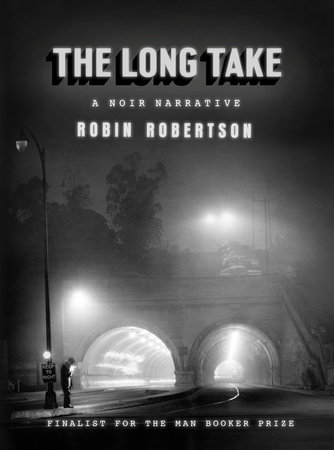Q: What drew you to the story of Washington Black? How did the original tale become your novel?
A: In fact I set out to write a novel about the Tichborne case, of all things, one of the longest-running criminal trials in British history. I wanted it told from the perspective of an ex-slave who had been a servant at the Tichborne estate, and who later acted as the defense’s main witness. But almost from the first, the story began to stray, the characters took on their own realities and dimensions. I understand now that it was the voice of its narrator that interested me, the complicated position he found himself in, racially, socially, intellectually. This is what I took from that initial idea. And out of this grew a story about a boy of sensitivity and intelligence, seeking his foothold in a world where there can be no real belonging for him. Looking back at my previous novels, I see now how they are both preoccupied with aftermaths, with the reconstructing of lives after great suffering. Washington Black, as a post-slavery narrative, is no different. But it became what it is only very gradually, and on its own terms.
Q: Readers have said that the style of your book reminds them of authors as diverse as Jules Verne, Charles Dickens and Colson Whitehead. Who have been your influences while writing Washington Black?
A: Influences are tricky things to isolate and pin down, and
they just seem to get trickier as I get older. I think the truest influences on this novel are works of nonfiction – popular histories such as Adam Hochschild’s Bury the Chains, and Andrea Wulf’s The Invention of Nature. I read such books assiduously during the writing. Certainly there is much of Thomas Clarkson buried within Titch, as well as a great deal of the German naturalist Alexander von Humboldt. These histories, among others, opened something in me: I was transported, and wanted to capture some of what it meant to live in their worlds, with all their attendant brutality and wonder.
Q: There’s incredible detail in the science in the book. Did you already have any knowledge about, for example, 19th century flying machines? Can you tell us a bit about your research process?
A: Richard Holmes – one of the great historians of the possible – wrote a fascinating overview of hot-air ballooning called Falling Upwards. That was a trove of information. I also read much about the study of marine life in the 19th century and the invention of the first aquarium. I enjoy research, and sometimes joke that writing books is just an excuse to read widely. “It might be of use!” I’ll tell myself, and immediately feel better. On my writing desk at present is a book on Patty Hearst, a book on cave art, and a book of poetry on eighteenth century gardens.
Q: Later on in the novel Washington Black becomes fascinated by marine biology. He is sent underwater to find a rare octopus and has the idea to hold an aquatic show in London. How did marine biology weave its way into the story, and what do you see as its place in the story?
A: I’m fascinated by historical science: discoveries, inventions, the dismissal of one theory
in favor of a better one. There’s something in that which resembles, I think, the way we go through the world, the stages of a life. Washington’s relationship to marine life shifts constantly, and his ability to capture it – whether literally, or through paint – becomes an expression of his own changing self. Its study is how he comes to have a sense of purpose and worth in the world, even as he recognizes that science is an imperfect field, and that its infinite theories can be warped into evil, as in the case of John Willard. But Washington’s true subject is freedom, and so it is no accident that it is he who seizes that octopus, and he who dedicates himself to the world’s first aquarium.
Q: In a recent interview you said “Confronting the world as a Black woman is my particular reality, one that informs my work in both obvious and subtle ways.” It feels like an important time for writers of color, with publishers being called out for non-diverse lists; for only publishing a certain type of “particular reality.” Do you feel there’s change in the air?
A: Certainly within the last twenty years or so a big push has been made to be more inclusionary. In Canada we are seeing more stories from previously unheard voices. I do think we can do better, and that many writers are still struggling to be heard. But it is a complicated and nuanced problem, and one that is made more complicated by the different cultures in the English-speaking world. An American friend of mine, a novelist, speaks for instance of the great divide she feels in her country between what she calls “different shades of black.” She has the sense that African American voices are being ignored in favor of immigrant African voices. In Canada I grew up with almost no African Canadian writers to emulate; my models came from abroad. That is changing now, slowly. My own feeling is that the rooms of literature are vast and deep, and we would do well to linger in them.
